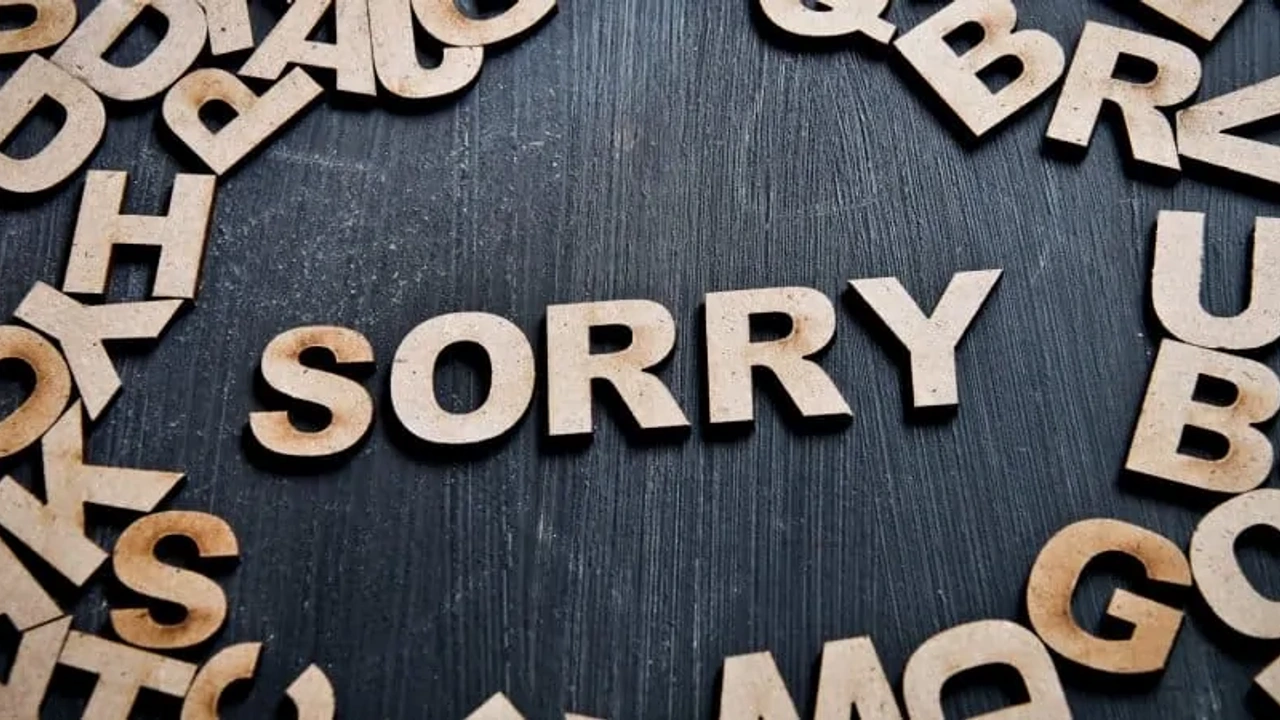Stop Constantly Apologizing
Apr 26, 2021
There are appropriate times for apologies. We will all make mistakes in both our personal and professional lives. But have you ever found yourself saying “Sorry” a lot in your day? Maybe you apologize for having another call and having to jump off. Or maybe you apologize about a miscommunication from a client. Or you apologize for finishing the last soda at the house.
Over apologizing is an easy habit to slip into. It’s polite, right? You may feel if you apologize often people will appreciate it. But in reality, over apologizing can diminish your authority, your confidence and your credibility. If you are apologizing for everything, people start to wonder and focus on the bad instead of the good.
How do you get out of this habit? There are a few ways you can start to train yourself to get out of the constant apology circle.
Take Sorry Out of Your Regular Vocabulary
You may think sorry softens the blow of something you don’t necessarily want to say. You may be behind on getting back to someone. Instead of saying “So sorry for the delay” change this to “Thank you for your patience”. You are thanking them for their understanding, not apologizing for your behavior. There is nothing wrong with prioritizing your time.
Instead of saying “Sorry but I have to go” change your words to “It’s been great chatting with you, and I appreciate your time.” Again, you are thanking them for their time and effort, and not apologizing for your schedule.
And especially if you disagree with a friend, colleague or family member, you should not apologize. You never need to apologize for sharing your opinions (respectfully of course). Instead of saying “I’m sorry but I disagree”, start simply with “I disagree”. By removing the word sorry, you exude more confidence and authority. And by flipping an apology for yourself to thanking the other person for their time/efforts, you show appreciation instead of diminishing yourself.
Of course there are times when saying I’m sorry is appropriate. And if you are intentional about taking sorry out of your normal conversation, when you do say sorry it will mean so much more to the person you are apologizing to.
Accept a Compliment and Don’t Seek Out Mistakes
You could be apologizing for something you don’t actually need to. We are our worst critics. You may see minor flaws or things that go wrong and that’s what sticks with you. But those around you are so impressed with all that went right! When people compliment you, or thank you for a job well done, don’t dismiss those words of support. Instead of saying “Well it could have been better” or “I’m sorry I forgot to mention this point”, simply accept the compliment. Just say thank you and embrace the positive feedback. When it’s time to share more feedback you have for next time, that’s when you can bring up where things could be improved.
Be Intentional About Shifting Your Mindset
Like anything else, getting out of the habit of over apologizing takes time, effort and accountability. Find a friend who can point out when you are unnecessarily apologizing for things. Put a post-it note on your computer to remind yourself to thank people for their patience and flexibility instead of apologizing for things outside of their control.
And if you do apologize without a real reason, just acknowledge you did and move on. Progress, not perfection is what we’re going for. And we don’t ever need to apologize for not being perfect.


